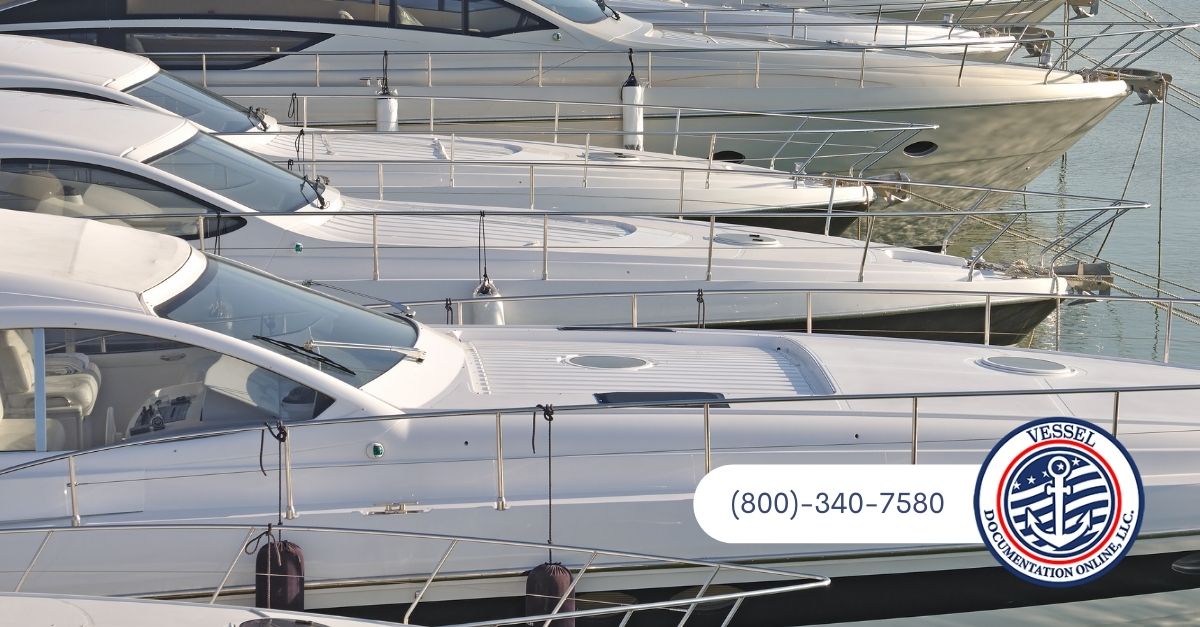Ensure compliance by staying on top of the latest laws and regulations that affect your business. This means identifying new regulations, changing your policies and procedures to meet the requirements, and monitoring compliance.
Vessels that are five net tons or more, and those used for fishing or coastwise trade, require vessel documentation unless exempted. Having proper documentation in place can help your business stay compliant, and save you money.
1. Know the Requirements
Ensuring Compliance: A Guide to Obtaining Coast Guard Documentation for Your Vessel
USCG documentation is the preferred method of recording ownership of a vessel. It provides owners with several benefits that would not be available through state registration, such as unhindered commerce between the states and admittance to certain restricted trades.
In addition, it is internationally recognized as proof of nationality and ownership and protects boaters from theft. It also offers the full and immediate protection of the United States Government if the vessel travels to foreign ports.
Commercial Operations: A vessel is vessel documentation search Guard documentation if it is over five net tons and is used in commercial fishing, hauling freight or carrying passengers. The vessel must be endorsed for its intended use, and both the build and owner citizenship requirements are more stringent than with recreational vessels.
Most monohulls measuring 26 feet or longer will meet the 5 net tonnage requirement. However, some smaller craft may be required to be documented depending on their intended use.
2. Know the Procedures
There are several reasons why you might want to obtain Coast Guard Documentation for your vessel. These include:
FOREIGN TRAVEL
If you sail abroad, your Certificate of Documentation gives you the status and protection of a U.S. flag vessel and helps facilitate clearance with foreign governments.
FINANCING
Many lenders require documentation so that their interest may be secured by a Preferred Ship’s Mortgage recorded by the U.S. Coast Guard.
Vessel documentation involves assigning the vessel an official six- or eight-character number that remains the same throughout the life of the boat. This number must be marked in block-type Arabic numerals at least three inches high on some clearly visible interior structural part of the hull.
You can apply for a vessel to be documented at any time during your ownership. But be aware that any state titling that has previously applied to the vessel is invalidated and superseded by Coast Guard Documentation.
3. Contact the NVDC
One of the oldest functions of the United States Government, vessel documentation is the recognized standard for proving nationality for international purposes, regulating trade among coastal territories and fishing grounds, and clarifying ownership of vessels in the U.S. It dates back to the 11th Act of the First Congress in 1790 and is managed by the US Coast Guard.
Boats over five net tons must be documented unless they meet a specific exemption. The Coast Guard advises that most boats 26 feet or larger qualify, but if you’re not sure, download an application of simplified measurement to determine the vessel’s tonnage.
Documented vessels are also subject to certain state laws and regulations, including registration and decals that show compliance with those rules. Additionally, some states designate preferred tax status for documented boats.
4. Apply for Documentation
Vessels may apply for US Coast Guard Documentation with the National Vessel Documentation Center (NVDC). This is a national form of vessel titling similar to flagging your boat in a foreign country.
The USCG will assign an official number and provide you with a document called a Certificate of Documentation, the original of which should remain on board your vessel. The certificate serves as proof that you own your vessel, and identifies important information such as the name, hailing port, official number, hull-identification number provided by the builder, owner information, vessel dimensions, and a list of endorsements and restrictions.
All vessels of five net tons or more that are engaged in commercial-fishing activities on the navigable waters of the United States or in the Exclusive Economic Zone, or used in coastwise trade, must be documented unless they meet an exemption. Exceptions include towboats and dredges.